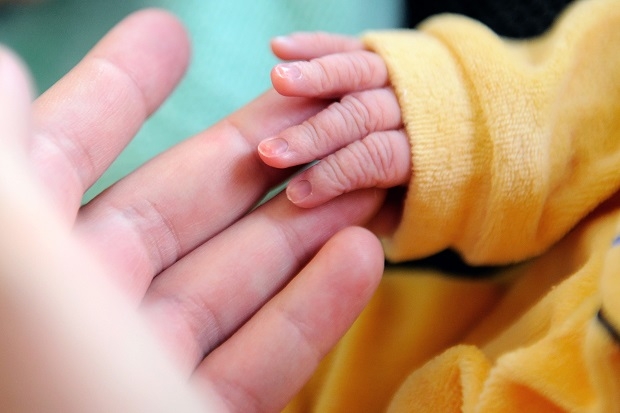To look on the heartwarming side, Australians have shown that they are rather more humane as a nation than the anonymous couple in the news for allegedly discarding one of the twins borne for them by a Thai surrogate six months ago. Scores of Australians have volunteered to adopt Gammy, the Down’s syndrome baby that was commissioned from Pattaramon Chanbua by an Australian couple only to be abandoned by his parents when they discovered his condition; they took his healthy twin sister though (and the couple now deny knowledge of Gammy). The fund to pay for the baby’s medical treatment, generously funded by Australians, now stands at more than $180,000.
The other party to come well out of it is obviously the unfortunate surrogate mother, Pattaramon Chanbua, who declined to abort the baby when its condition was discovered at four months’ gestation. She says she loves the baby as her own, as you would, having carried it. And she has done a public service by warning other Thai women from engaging in surrogacy:
‘…don’t get into this business as a surrogate… Don’t just think only for money … if something goes wrong no one will help us and the baby will be abandoned from society, then we have to take responsibility for that.’
It would be good to think that other poor Thai women will decline to provide gestation services for wealthy foreign couples as a result of the publicity; I rather worry though that the only effect will be to advertise the sums that these couples pay for it – £16,000 in her case, enough to educate her two other children.
The surrogacy industry doesn’t come well out of this, does it? The commodification of human life that goes with the IVF trade has its logical conclusion in what is alleged here: in the rejection of the human product that doesn’t come up to customer expectations. If you separate genetic parenthood from gestational parenthood and possibly also from the humdrum business of raising the baby, and make it a matter for commercial transaction, then you’re going to de-humanise the business of procreation. Yotam Ottolenghi, the celebrity chef who recently had his baby, Max, from a surrogate, says that in Britain surrogates should be allowed to take payment. This case, I think, suggests that controls over this whole womb-renting business should be even tighter.
But I don’t think Britons can sneer at the Australian couple here, who apparently regarded themselves as ‘too old’ – the husband’s in his fifties – to look after this unfortunate child. According to the most recent figures, from 2012, as many as 994 foetuses with Down’s syndrome were aborted in Britain. And because the abortion is on the basis of disability, you do know that it can happen at any time, right up to birth? Nope, when it comes to discarding human beings on the basis that they’re not up to standard, I really don’t think Britain can take the moral high ground.







Comments